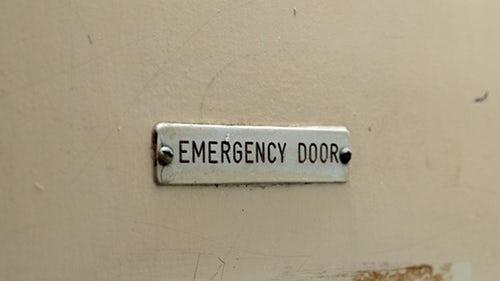Want to broaden and strengthen your friendships and relationships? It could be one of the most important things you do to make you physically, emotionally and spiritually healthier.
Last month we started a series on developing and building friendships, something all of us need. Even the most righteous and Spirit-filled believer needs someone with skin on her. Even our Lord had His special twelve, and his intimate three. Why would we think we could go it alone?
Last week we looked at taking the first step on that journey: taking your whole person into account. Rather than take a shotgun or dart-throwing approach to friendship building, we need to know ourselves—our strengths, weaknesses, desires and needs—as we embark on friendship finding and building. In a nutshell, we need to discriminate based on that list.
Getting practical and proactive in friendship building—
After you’ve taken your whole person into account and made a thorough personal assessment, you can move forward. Today we’ll look at two suggestions for friendship building.
- Get yourself out there!
You won’t make too many friends, or strengthen old friendships, if you don’t get busy and get visible. Some of the best ways are to:
- Try something new—a painting or drawing class, taking music lessons, joining an exercise class that gives you the opportunity to interact with others.
- Volunteer—join a board that works to achieve something you hold near and dear to your heart. When I volunteered at the local food bank, I had the pleasure of meeting all sorts of interesting people and even having the opportunity to interact with some of them outside of the volunteer setting.
- A friend of mine who recently moved to another state got busy joining the local Newcomers Club, a church and one of its small groups, and Bible study. She also has a knack for talking to nearly every new person she meets, so she quickly racked up new friends and opportunities.
- Join a hobby group—our younger son, who is 24, recently commented to my husband that he realized the one thing that was missing from his life was a hobby. My husband laughed, probably because he has too many hobbies going. “I really need a hobby,” Cory said. He correctly views a healthy hobby as one that helps him release work stress and engage his mind in different ways than his work does. It’s a win-win physically, emotionally and spiritually.
- Find a place to gather with others.
People tend to like having a place to go to meet others, and it needs to be a comfortable place. Your local Mexican restaurant is likely not it. Why? That type of environment is too noisy and too busy to be able to focus on others and share your heart. Some places that make gathering locales are:
- Library activity rooms—a writers group I belong to meets every Friday in a nearby library. It has been a fabulous place to meet others and make some new friends.
- Quiet coffee shops
- Parks
- Community Centers
- Meet-up Groups
- Church rooms available for meetings
- House rotation—have others over for tea, lunch or dinner and then ask others to host at their homes, if they are able. That way one person doesn’t feel burdened with hosting every time. We rotate between homes in one of my writing groups. And if someone needs to bow out at the last minute for some reason, another member quickly jumps in to fill that roll. There are only five of us, so it’s a close-knit group.
Think of other places you can meet, or groups you might want to start.
In response to a prompting I felt from the Lord, I started a small women’s group about a decade ago. We met at my home the second Saturday of every month and arranged occasional get-togethers with the family members in our backyard. Grilling, swimming and dining on S’mores made over an outdoor fire pit are quick ways to form friendships! The group last seven to eight years, and we opened our hearts to one another and formed special bonds. We studied the Bible together and prayed fervently for one another. When one of us had family issues or faced illnesses or death, we circled the wagons around one another for support.
As you read this post, does anything come to mind that you’d enjoy or think you’d like to start? Pray about it and about the people you think the Lord would like you to be-friend or gather with.
He knows best what your needs are.
Next week we’ll look at two more ways to bolster friendship building.
Until then, check library bulletin boards, community center activities pages, and Google search for meet-up groups in your area. You’ll probably be surprised to find the number of activities that will spark your interest.
Blessings,
Andrea
Andrea Arthur Owan is an award-winning inspirational writer, fitness pro and chaplain. She writes and works to help people live their best lives—physically, emotionally, and spiritually.




